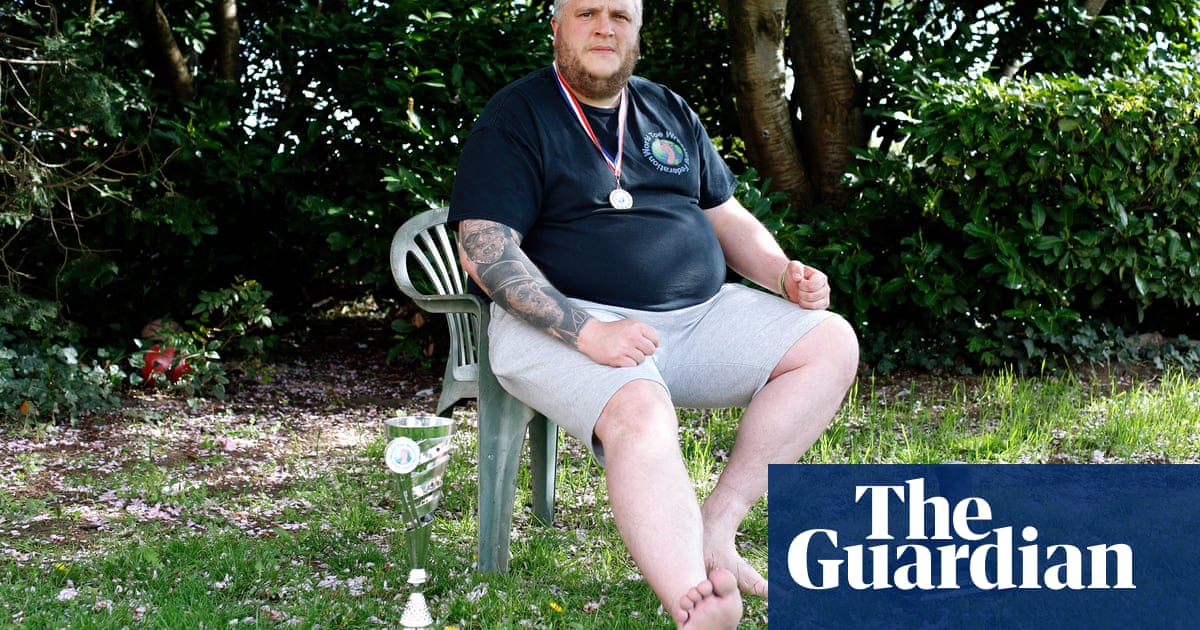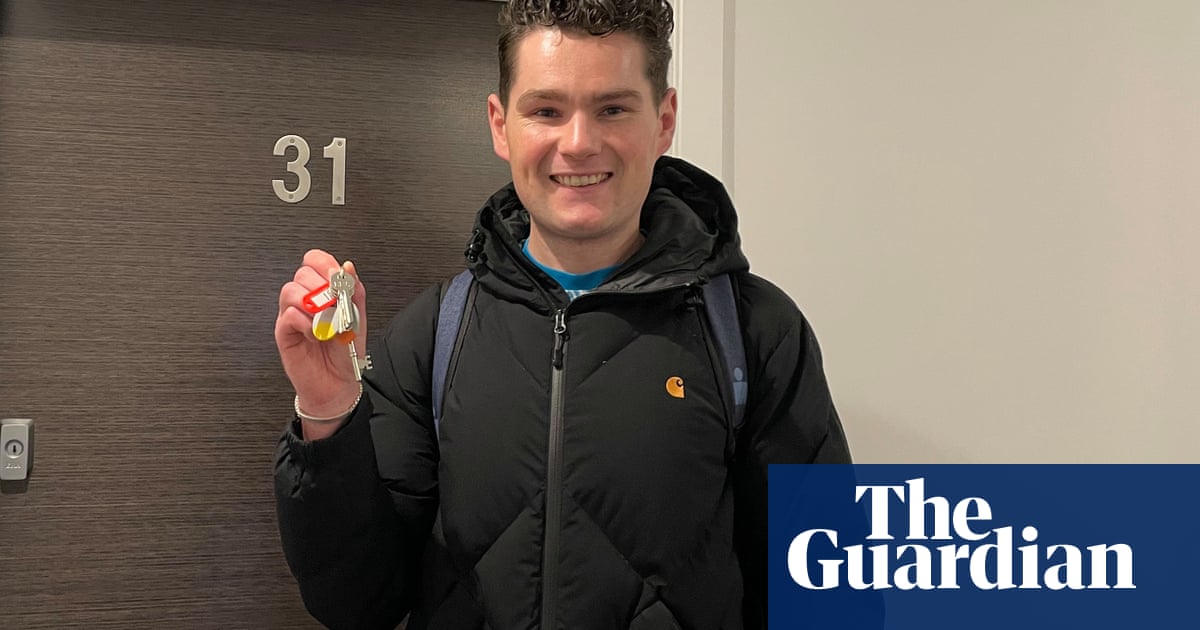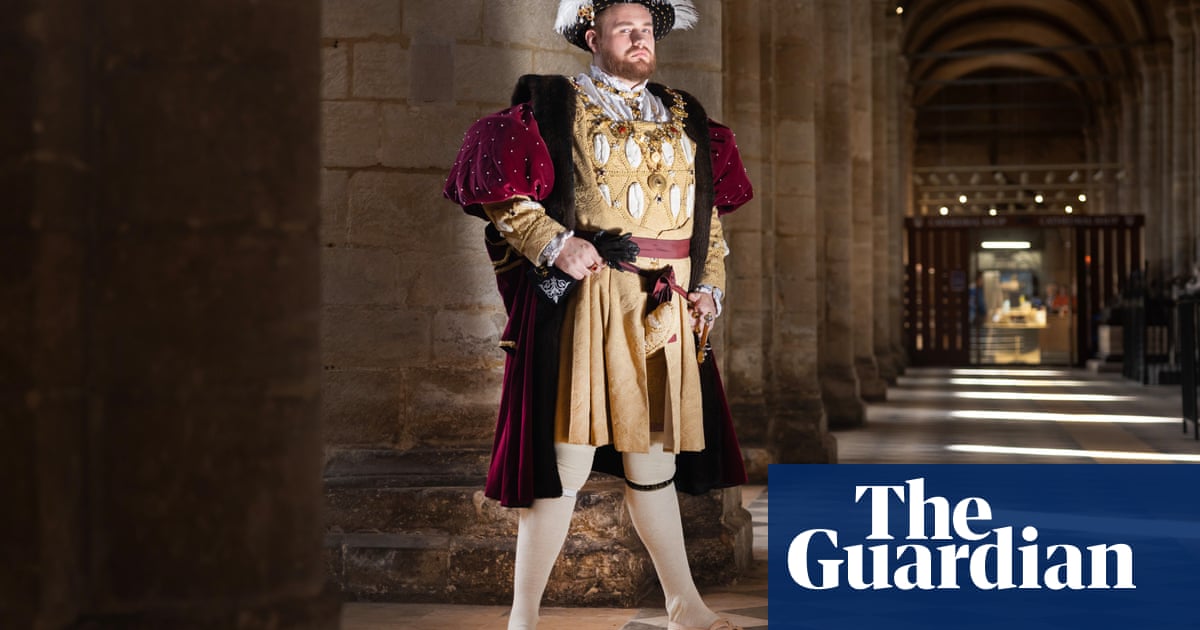
t 17, I was thinking of going to university to study economics when I saw an advert in my local paper looking for someone to help run the real tennis club in Hobart, Tasmania. I didn’t know much about real tennis, which has been played since the 16th century but is very different from tennis. The advert specified someone with good racket skills, and as I’d been playing modern lawn tennis since I was nine, and was the No 1 tennis junior in the state, I couldn’t resist.
Real tennis is the game from which racket sports evolved, but requires different skills from lawn tennis. Courts and rackets are asymmetrical and the balls are cork, so are heavier and less bouncy. Serving is done on to a sloping roof and the scoring system can seem complicated to newcomers. There was a lot to learn, but absorbing the rules and physics was part of the appeal. My job involved tasks such as stocking the fridge, but the club also wanted someone who could learn the role of a professional, play against members and eventually coach. The more mundane aspects faded into the background as my game improved.
By my early 20s I was playing real tennis internationally, although there are fewer than 50 courts in the world, with most in the UK. It can be tough maintaining a career in a game that isn’t widely known: the prize money is respectable, but even the top players have other jobs. I’ve needed to carry on winning in order to keep things rolling financially.
Early on, my greatest rival was New Yorker Wayne Davies. We met in the World Championship final in 1994. We played two 13-set matches, the first in Tasmania, which I won quite comfortably. The second, on Wayne’s home turf, was a different matter. The crowds are not huge, but they’re at closeq uarters. Having 250 New Yorkers screaming me down was the most intense situation I’d experienced during my career, but I scraped through and became world champion for the first time.
I was euphoric at reaching the top, of course, but also well aware I couldn’t rest easy if I wanted to stay there. I was 25 and could rely, to some extent, on my athleticism. I continued to win successive world championships but had to focus on strategy as I entered my 30s and 40s.
Given the relative obscurity of the game, you can’t depend on a full house for every match. During one US Open, I played a Wednesday afternoon fixture in front of an audience of one – the other player’s girlfriend. Inevitably, she was pretty biased, but I managed to win the match.
I met my wife Claire at a real tennis event – she was a highly regarded up-and-coming player and has been the women’s world champion for nine years. It’s good to have someone in the family who shares my passion for the game – other relatives turn up to matches, but I don’t think they’ll ever fully grasp the rules. If someone asks me what I do I often say I’m a photographer rather than spend the next four hours trying to explain it.
One of my favourite matches was at Hampton Court against Tim Chisholm in 2002. It was thrilling to face him at Henry VIII’s court – Henry was a real tennis enthusiast. That game went down to the wire, we were playing the best of 13 sets and ended up at six-all on day three. By that stage, we were physically and mentally battered; I won, but I don’t remember a single shot.
The real tennis world championship takes place every other year and I’ll compete for the last time next month. I’ve been world champion 13 times; it would be great to make it to 14 before bowing out, but either way, this is the right time. I’m 51, and though I’m better at the game than I was in 1994, I’ve obviously lost most of the athleticism that goes with being 25. My knees aren’t too bad, but my ankles are wrecked – I’m in pain for weeks after a tournament.
I’d rather spend more of my time coaching new players and promoting the game (I’d love to see it offered by more schools) and to create a glass show court that could tour the world. Claire and I have a young family, and run the Prested Hall Real Tennis Club in Essex. I’ll always be involved in the sport, but I don’t want to be one of those guys who pops his clogs on court in his 90s.
• As told to Chris Broughton
Do you have an experience to share? Email experience@theguardian.com












